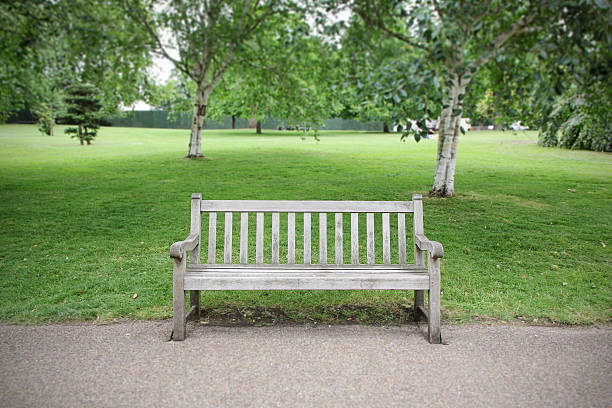Established in the 1950s, we still have government programs dedicated to the advancement of women. Are these departments still worthy of public funding or is it time women should stand on their own? A good question that deserves an answer. Let’s start by defining the term weak. It can only result from three factors:
- gender intelligence
- cultural norms
- nature
When it comes to the first, Jordan Peterson says there’s no difference between the sexes. He says guys are a little more this way and women a little more that, but on the whole, intellectual differences are negligible. So point number one is out.
Culture
Cultural norms were real, certainly in the 1800s, but are they still applicable today? Back in the day, large families were hosted on farms with men and women performing different duties. It goes without saying that both involved a lot of work, but men primarily did the farming while women helped out and then cared for the home. Once we got to the 80s, with women fully engaged in the workforce, those roles changed.
When discussing this new system within a mixed group, a fellow said, “In my house we use the rule of sidewalk in, sidewalk out.” (Referring to older style homes where a sidewalk dawned the front of every doorway. So guys cut lawns and trimmed bushes while gals vacuumed, etc.). A lady replied, “If my husband came home with that attitude I’d put a sidewalk right through our living room.” Times they were a changing.
There are many valid reasons for why things were the way they were. If men were responsible for family income, why wouldn’t they be the first to access education in a world with only limited spaces? And back then, nobody really had a problem with it. As a result, women were later to get the vote. But remember, as per the article on British History, there was never a time when all men could vote and all ladies could not. Achieving the vote was a gradual affair for both sexes. And in places like Wyoming, pioneer women were given the vote the day the state was incorporated (1869). Just like men (for state affairs).
The past is the past, and things have changed due to modernization. People of my age group bore witness to the second half of feminism. During my lifetime, women had equal access to education (for example, in my college residence there were 160 girls and 140 boys) and equal access to employment. As a result, women now dominate certain industries. For example, if you break business down into three categories: sales, product, and admin, you’ll see sales is 50/50, men dominate product, and women are the majority in admin.
On a side note, women dominate sales positions where the primary purchasers are female (e.g., household goods) and men dominate the area of industrial goods. So women sell to women and men sell to men. Currently, sales positions are evenly split, but there is a pay gap due to product positions paying better than admin. For example, entry level labour jobs in the construction industry pay better than entry level clerks at an insurance company.
Women in the 60s were often paid less for the same job (say, a store clerk) because certain employers felt the principle behind dual income families was somewhat cheating. That because a wife held a job, the family had an advantage that led to a nicer home. So some of this was straight discrimination and some was in response to the new society. And remember, most of the guilt early working mothers felt was not from hubby, it came from parents (especially, moms).
Anyway, the past is the past and here’s where we are. The greater majority no longer live on farms, there’s lots of room within education, everyone gets to vote, family sizes are smaller, and almost every kid is placed into daycare. We’ve arrived. So does Canadian culture now play any significant role in determining gender occupations or wages?
Many say no. That as gender bias was no longer required, it gradually washed itself out. And today we’re left with only nature to blame for various outcomes.
Nature
For those who agree, we have only the last alternative. That even though ladies are just as smart and now have equal opportunity, they’re somehow disadvantaged simply because they’re women. Good question which brings a divided answer.
Ask any of the new “female majority doctors or school principals” if they belong to the weaker sex and you’ll get a cuff in the head. They don’t appreciate the insult. But ask the not-so-successful in the workplace and you may get a different response. Which brings us back to the original question.
Alberta didn’t have a ministry for the advancement of women for 23 years before the NDP brought it back. Should it be back and what if the Conservatives (if elected) reverse this decision? To help with your opinion, consider the following:
- there are just as many economically disadvantaged men (and they don’t have an agency)
- a waitress makes more than a waiter
- retail store clerks all make the same
Summary
Lots of talk these days about the patriarchy; mostly coming from postmodern feminists still trying to make change. They say modern society is a long way from ideal. Sure, equality of opportunity is good but we also need equality of outcome. Meaning girls should bring home the same paycheck as boys, regardless of work.
For them, administrative postings must be reclassified to generate the same pay as even dangerous positions that involve braving the elements, oftentimes out of town (e.g., construction jobs). And they may start asking female part-time workers to pick up their game to 40 hours just to make numbers look better for some professor.
So here’s the question. Where’s the report card and when will this whole affair be over? Are we 60% of the way there? 70%? 40%? And who’s in charge of making the final assessment? Is there going to be a referendum, voted on by only women, that eventually says enough?
There’s no question society has changed over the past 70 years and that much progress has been made. But sometimes these things go overboard, specifically when a cause doesn’t know when it’s finished. It’s easy to make gains in an affluent society when you have truth on your side. You just highlight an injustice and provide a viable solution. But once all that stuff is done, adversaries still need a job. Always a problem with issues.
Personally, I feel we’re there and don’t see a reason for reinstituting a provincial agency to promote women. But my voice counts only for one. What do you think?

